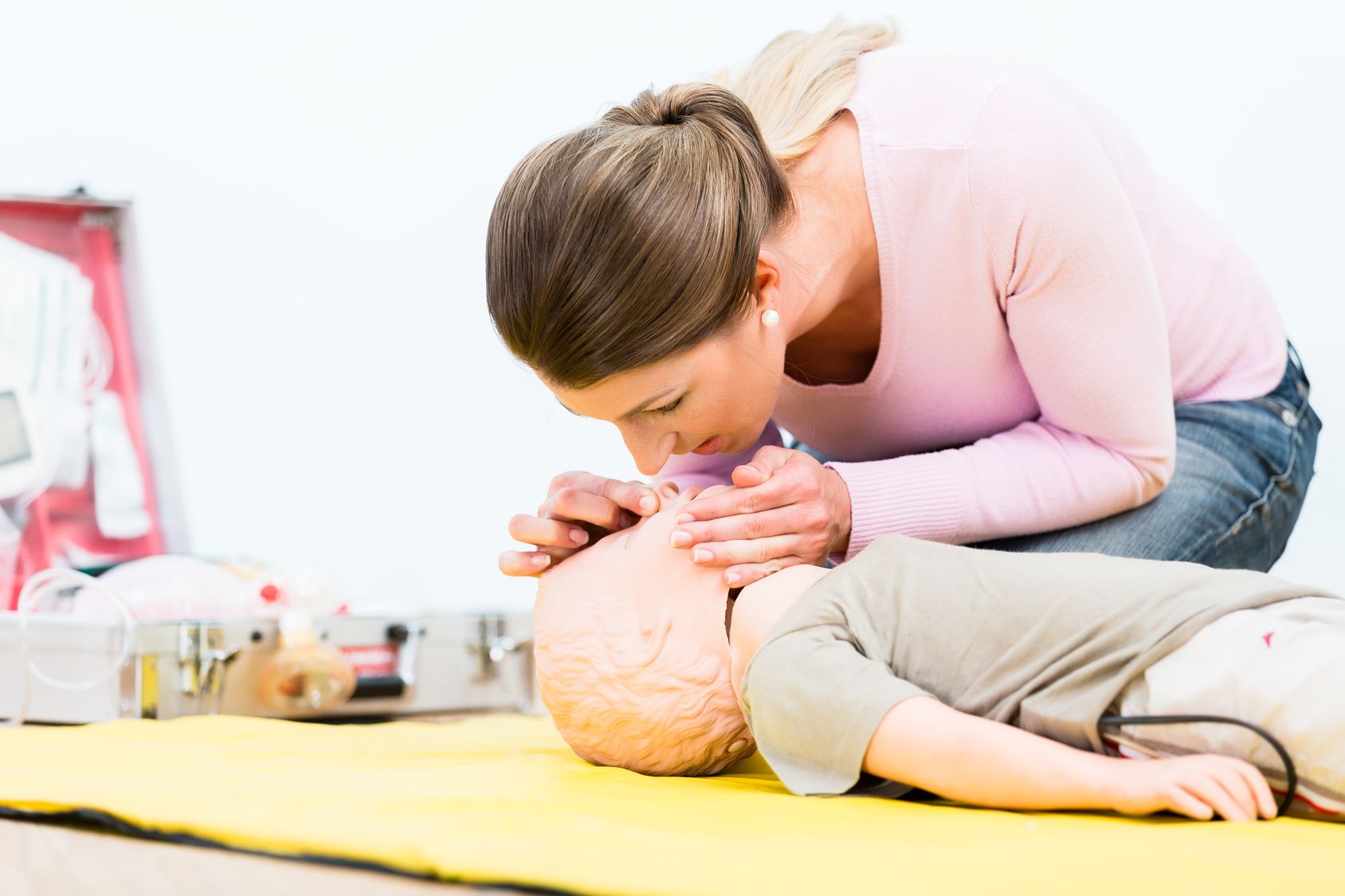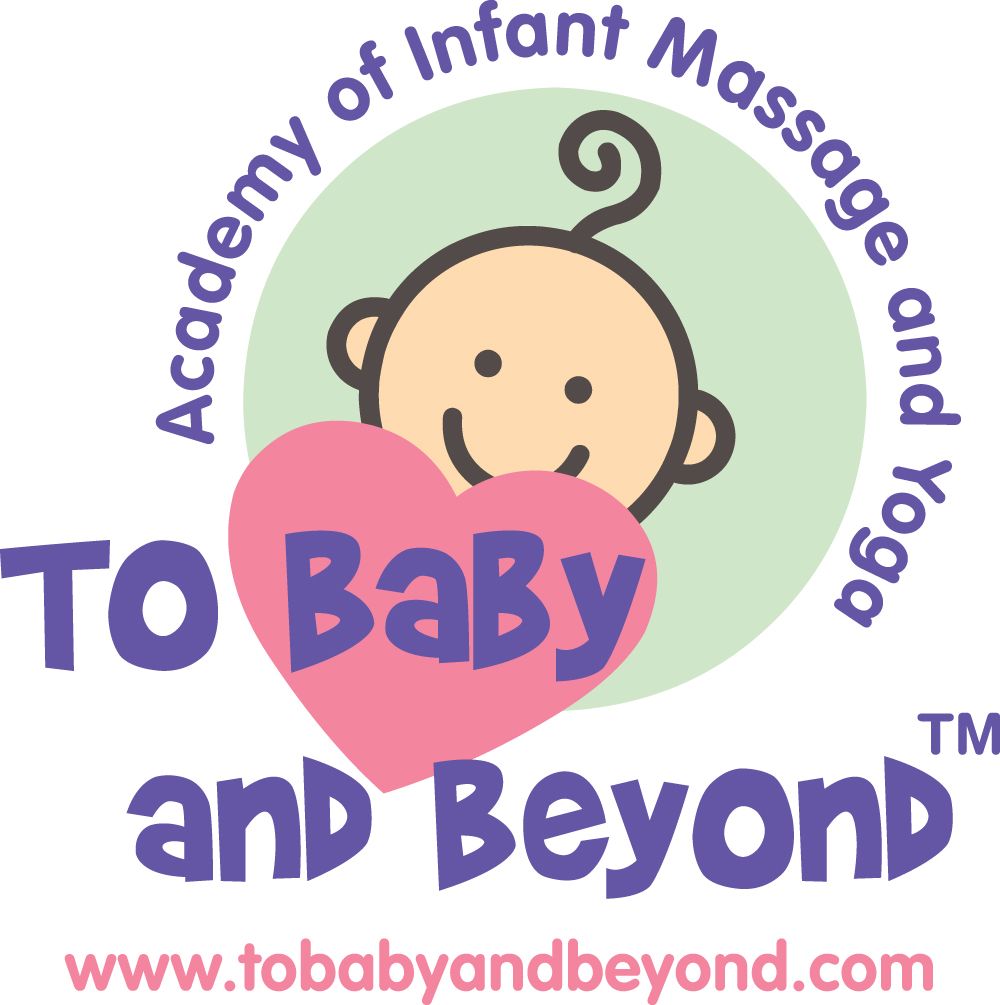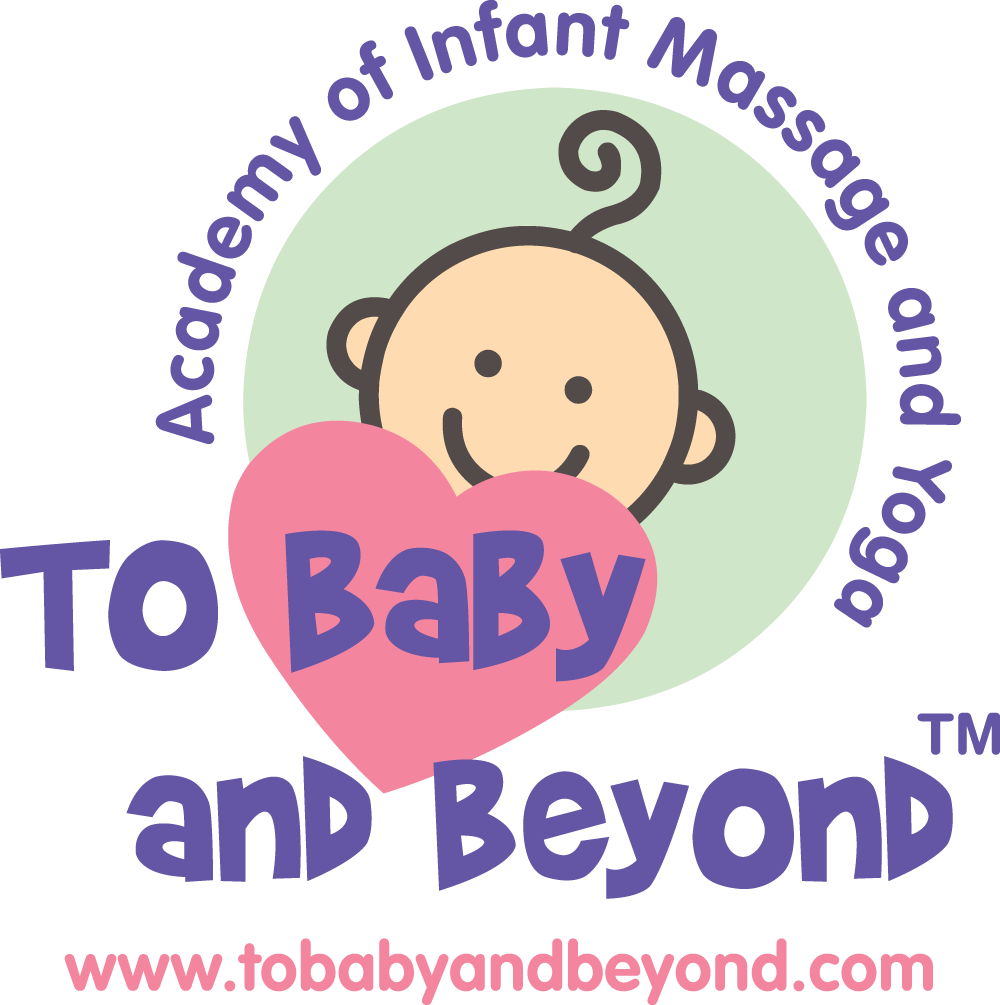
What the 2024 EYFS Changes Clarify About Paediatric First Aid Training
Strengthening Safety in the Early Years
The Early Years Foundation Stage (EYFS) framework continues to evolve, and the 2024 update brings with it some helpful clarifications—particularly regarding paediatric first aid (PFA). As providers of high-quality early years training, we at To Baby and Beyond Academy want to help you not only stay compliant but feel confident and informed about what these refinements mean for your setting.
Strengthening Safety in the Early Years
The Early Years Foundation Stage (EYFS) framework continues to evolve, and the 2024 update brings with it some helpful clarifications—particularly regarding paediatric first aid (PFA). As providers of high-quality early years training, we at To Baby and Beyond Academy want to help you not only stay compliant but feel confident and informed about what these refinements mean for your setting.
While the core mission of keeping children safe remains unchanged, the 2024 framework has clarified how settings should approach first aid training—including expectations around renewal, coverage, and record-keeping. Whether you're a nursery manager, childminder, or early years practitioner, these updates are a timely reminder to ensure your current practices meet the required standards.
What Hasn’t Changed: The Foundations Stay Firm
Before exploring the clarifications, let’s confirm what continues to be essential:
-
Paediatric first aid training remains a legal requirement for early years settings.
-
The content of PFA courses continues to focus on infants and young children, covering child-specific emergency procedures.
-
The three-year renewal cycle is still in place, as it has been for several years.
-
The overarching goal remains ensuring every child’s safety through properly trained and confident staff.
What the 2024 update does is reinforce and clarify how these existing requirements should be implemented and monitored.
Key Clarifications in the 2024 EYFS Framework
Certification and Renewal
While the three-year renewal requirement is not new, the 2024 EYFS update reinforces the importance of staying on top of it:
-
Three-year renewal remains mandatory for all staff with a full PFA certificate.
-
The framework reiterates that paediatric first aid is distinct from workplace first aid, requiring child-specific training delivered by qualified instructors.
-
Settings are expected to have systems in place to track expiry dates and manage renewals proactively.
"This isn’t just about compliance," explains Julie Cleasby, Director at To Baby and Beyond Academy. "Regular renewal ensures techniques stay aligned with current guidance and helps staff maintain confidence and readiness—ultimately providing better protection for children."
Staffing Ratios and PFA Coverage
Although there are no changes to the rules on staff-to-child ratios, the 2024 guidance reiterates and clarifies existing expectations:
-
Staff who obtained a Level 2 or 3 qualification after 30 June 2016 must have a valid PFA certificate within 3 months of starting to be included in ratio counts.
-
There must always be at least one PFA-trained staff member on-site during operating hours and outings.
-
Settings are encouraged to consider PFA coverage when planning rotas, breaks, and outdoor activities to ensure there’s no gap in availability.
This clarification means leaders may need to review how staff deployment ensures adequate PFA coverage throughout the day.
Administrative Clarifications
The 2024 framework also simplifies and modernises a few administrative processes:
-
Childminders are no longer required to physically display their PFA certificate, but it must still be readily available upon request or inspection.
-
Clear, accessible records of staff PFA qualifications must be kept, including certification and renewal dates.
-
These records should be easily available for inspection and updated regularly.
This streamlining is designed to reduce unnecessary paperwork while maintaining visibility and accountability.
Practical Implementation: Staying Ahead with Confidence
Create a PFA Training System
A proactive training schedule can help you remain compliant with minimal disruption:
-
Audit current staff certificates and note renewal dates.
-
Create a rolling renewal schedule to prevent multiple staff being away for training at the same time.
-
Set digital reminders for upcoming renewals.
-
Budget annually for training to avoid financial surprises.
“Staggering renewals is a smart way to ensure consistent coverage,” Julie advises. “It avoids the common pitfall of several staff needing training all at once.”
Focus on Training Quality
The EYFS continues to emphasise that quality of training matters:
-
Courses must cover a full range of paediatric emergencies, with both theory and hands-on practice.
-
Trainers should be qualified and experienced in paediatric settings.
-
Certification must be recognised by Ofsted and local authorities.
At To Baby and Beyond Academy, our paediatric first aid courses are designed to meet and exceed EYFS expectations, supporting early years professionals with real-world skills they can trust.
Embedding First Aid into Everyday Practice
To build a truly safe culture, consider embedding first aid into your wider safety routines:
-
Run monthly refresher sessions in-house to keep skills top of mind.
-
Conduct practice emergency drills with staff teams.
-
Ensure all rooms have appropriate first aid kits easily accessible.
-
Encourage staff to share tips or scenarios from recent training.
"First aid shouldn’t just be a box-ticking exercise—it should be a real part of your setting’s safety ethos," says Julie.
Considerations by Setting
For Childminders
-
As a solo practitioner, your PFA qualification is vital.
-
Arrange informal cover plans with other local childminders in emergencies.
-
Tailor first aid kits and emergency protocols to your home setting.
-
Keep parents informed of your current training status—even if you’re no longer required to display certificates.
For Nurseries and Larger Settings
-
Ensure PFA-trained staff are distributed across all rooms and age groups.
-
Assign responsibility for monitoring certification records.
-
Factor first aid qualifications into onboarding processes and staffing schedules.
Beyond Compliance: Striving for Excellence
While meeting EYFS requirements is essential, leading early years providers go further:
-
Offer enhanced training with scenario-based refreshers.
-
Provide mental health first aid awareness to complement physical first aid.
-
Host family-focused workshops to extend safety education to parents.
-
Use incident reports to identify patterns and prevent future risks.
Action Plan: Your Next Steps
To ensure your setting is aligned with the 2024 EYFS clarifications:
-
Audit staff PFA certificates and expiry dates.
-
Schedule renewals at least a month before they’re due.
-
Update your first aid policy to reflect clarified requirements.
-
Communicate the changes and expectations to all staff.
-
Review first aid kits and emergency documentation across all rooms.
-
Set reminders and budgets for future renewals.
Conclusion: A Confident Step Forward
The 2024 EYFS update doesn’t bring major changes to paediatric first aid rules—but it does serve as an important reminder to stay vigilant, organised, and proactive.
At To Baby and Beyond Academy, we’re here to help you stay one step ahead with up-to-date, hands-on, and Ofsted-recognised PFA training. Because when emergencies happen, preparation is everything.
Let’s not just meet the minimum—let’s lead the way in keeping children safe.
Ready to refresh your paediatric first aid training?Whether you're a nursery manager, childminder, or early years practitioner, our fully accredited Paediatric First Aid courses are designed to meet and exceed EYFS expectations.
With hands-on, practical learning and expert instructors, you’ll leave feeling confident, capable, and fully compliant.
👉 Explore Our Paediatric First Aid Courses
📆 Flexible dates | 🏅 Ofsted-recognised | 💬 Friendly, supportive trainers


